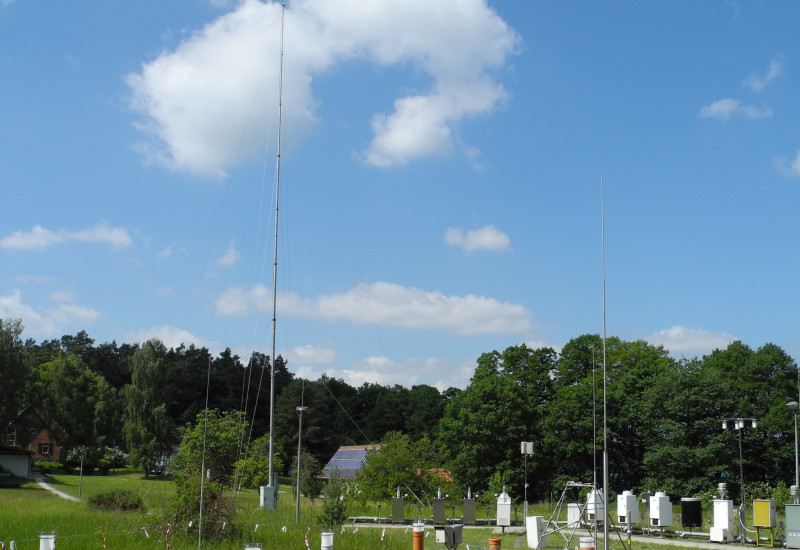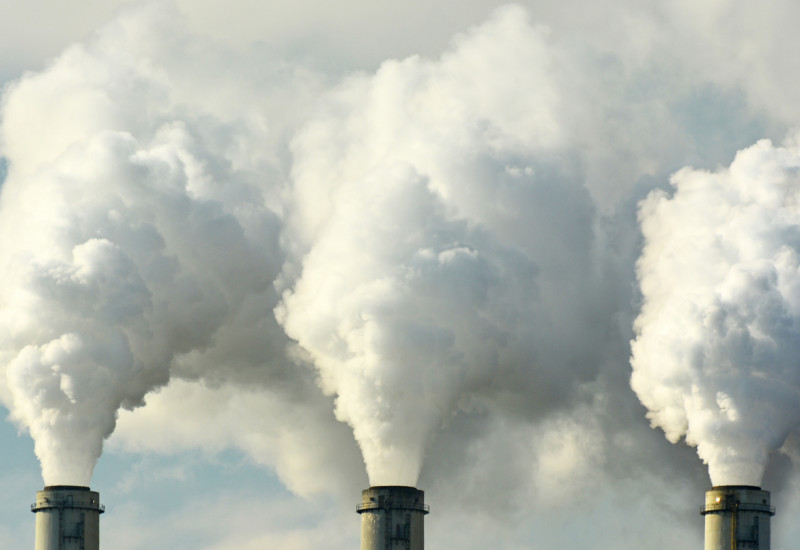The International Cooperative Programme on Integrated Monitoring of Air Pollution Effects on EcosystemsThe Integrated Monitoring programme monitors the effects of transboundary air pollutants on ecosystems at various sites throughout Europe. Comprehensive measurements are used to draw up water and material cycle balances on catchment scale. These detailed observations of cause-effect relationships... read more
air pollutant
Air
Lead in particulate matter
Lead is a toxic heavy metal and usually occurs bound to other substances. In ambient air lead is measured bound to particulate matter. read more
Air
Cadmium in particulate matter
Cadmium is toxic and cancerogenic. It belongs to the heavy metals and usually occurs bound to other substances. In ambient air arsenic is measured bound to particulate matter. read more
Air
Carbon monoxide
Carbon monoxide (CO) is a colourless, odourless and tasteless gas, which is a result of incomplete fuel combustion. An important source of carbon monoxide in ambient air is the transport sector. read more
Air
Arsenic in particulate matter
Arsenic is toxic and can have metallic or non-metallic characteristics. It rarely occurs elementary but most of the time bound to other substances. In ambient air arsenic is measured bound to particulate matter. read more
Air
Heavy Metals in Particulate Matter (PM10)
Heavy metals in ambient air rarely occur elementary but most of the time bound to particulate matter. By inhalation health risks arise because some pollutants like arsenic, cadmium and nickel are classified to be cancerogenic.The European directive 2004/107/EC regulates the measurement and assessment of arsenic, cadmium and nickel in particulate matter (PM10). Lead in particulate matter... read more
Air
Sulphur dioxide
Sulphur dioxide is a colourless, water soluble gas with a pungent smell. It is produced from combustion of fossil fuels, for example coal and oil. read more
Air
Ozone
Ozone is a colourless and toxic gas, and one of the most important trace gases in the atmosphere. The natural ozone layer which occurs in the atmosphere at an altitude of between 20 and 30 km protects life on earth against harmful ultraviolet radiation. read more





